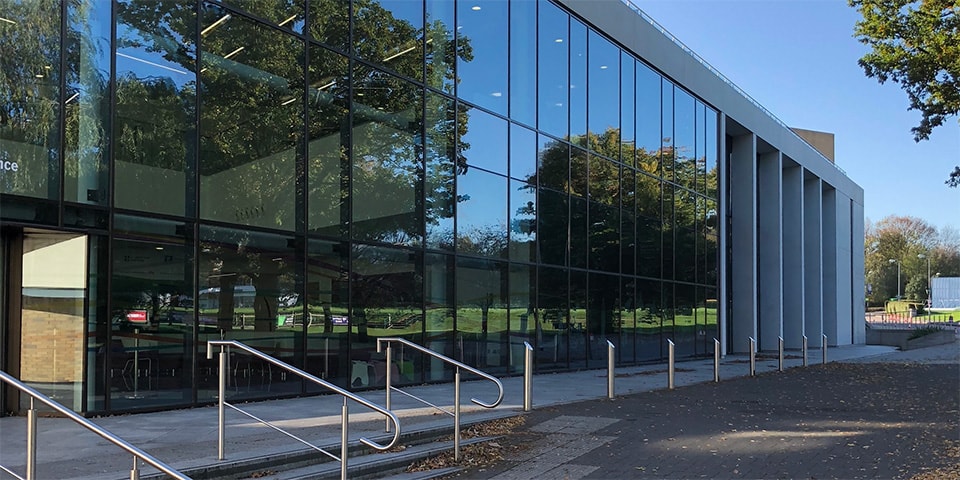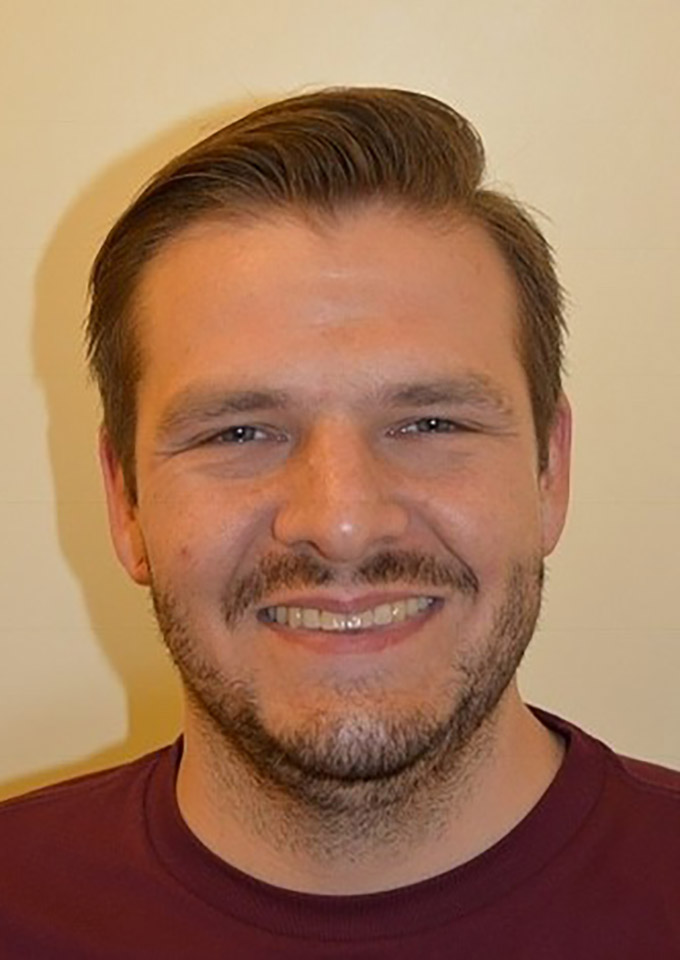As part of our January 2021 monthly update, we introduce to you three new PhD students working within the School of Sport Exercise and Health Sciences here at Loughborough University.
I started participating in disability sport in 2011 to help improve my mental health and quality of life after surgical treatment for a sacral chondrosarcoma that resulted in me becoming paraplegic with a hindquarter amputation. I attended a local disability sports charity and although this improved my mental health, the charity only offered individual sports such as archery and target shooting. Having played football throughout my childhood, I craved team sports and helped to setup a wheelchair basketball team at the charity. As well as participating in the sport myself, I took my level 1 coaching qualification so I could help with training sessions and become a mentor for new members of the charity facilitating individuals with an interest in playing wheelchair basketball.
Having been a member of the charity for a couple of years, I was then employed as the Community Fundraising Manager. Although I enjoyed this role, I decided to pursue a career in psychology. I completed my BSc in Psychology at Staffordshire University and MSc in Cognitive Neuroscience at the University of Sussex. Whilst attending university I joined local wheelchair basketball teams so I could continue participating in the sport.
I am really excited to be undertaking my PhD at Loughborough University (supervised by Dr David Maidment, Dr Ed Cope and Dr Carolyn Plateau), which will be working with British Wheelchair Basketball to evaluate their ‘Inspire a Generation’ programme. This programme aims to increase activity levels through wheelchair basketball, whilst identifying trends in participation and removing barriers to long-term engagement using both traditional and digital interventions. I am particularly excited about this project, as I have experienced first-hand how beneficial participating in wheelchair basketball can be for an individual’s mental health and quality of life. I’m hoping that my research will aid British Wheelchair Basketball during the course of the ‘Inspire A Generation’ programme and help other individuals to gain the same benefits as I have experienced from participating in the sport.

